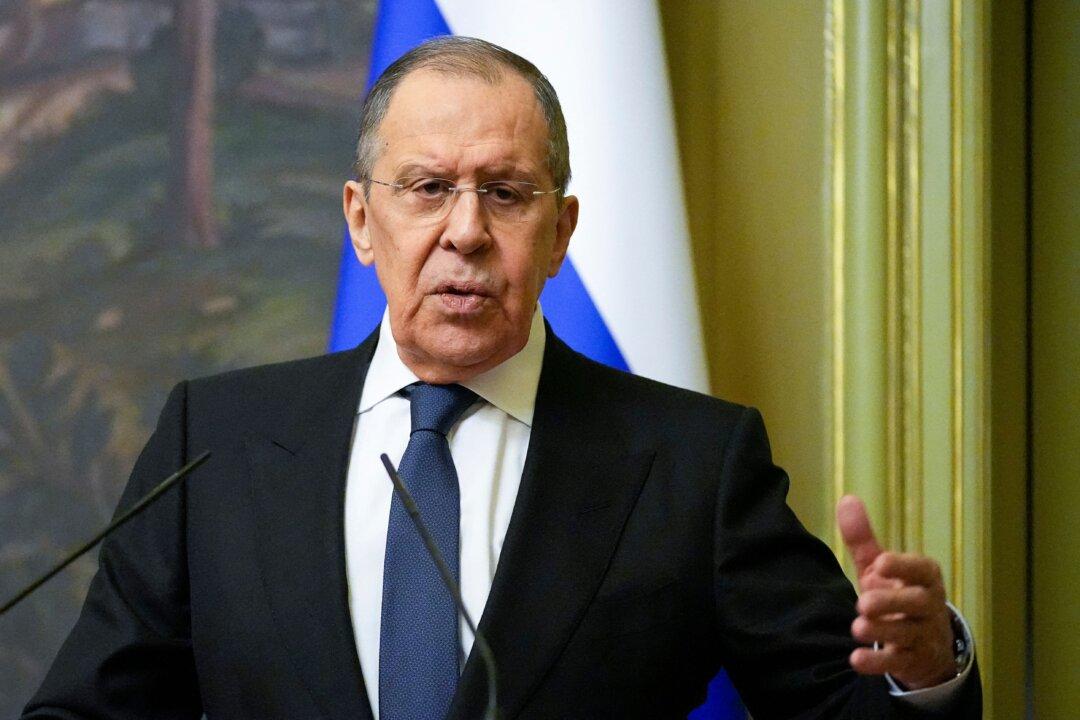Armenia risks sacrificing its national sovereignty by throwing its lot in with the NATO military alliance, Russian Foreign Minister Sergey Lavrov says.
“I hope Yerevan [Armenia’s capital] knows that its deepening cooperation with the [NATO] alliance could result in its losing its sovereignty in terms of defense and security,” Mr. Lavrov told Russia’s TASS news agency on Dec. 28.





